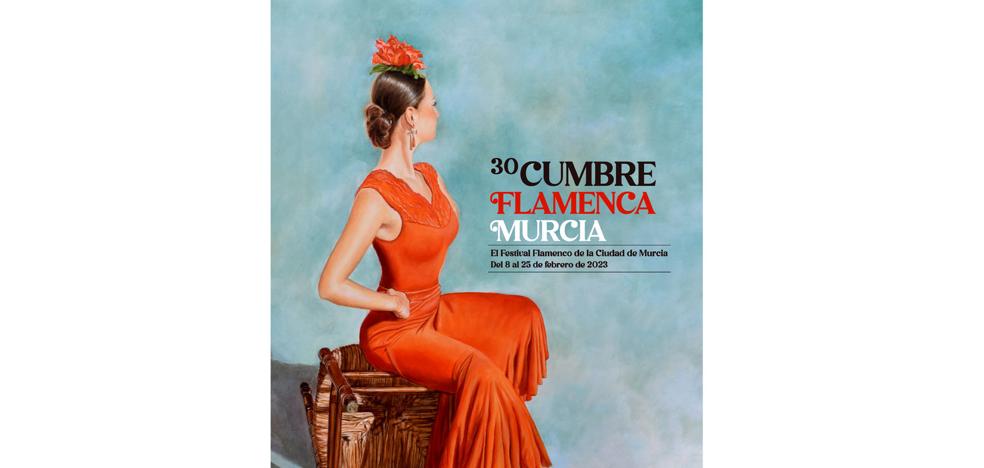LA SGAE and the family of the singer-songwriter and versatile creator who died two years ago celebrate his legacy with exhibitions and encounters
Two years after the death of Luis Eduardo Aute (Manila, 1943 – Madrid, 2020), the influence of the singer, composer, poet, painter and filmmaker is still very much alive. Throughout the month of May, the Aute family, with the support of the General Society of Authors and Publishers (SGAE), commemorates and pays tribute to the inexhaustible “curious” person who was this multifaceted creator with a conference covering all the profiles of the multidisciplinary artist.
His legacy will continue to surprise, warns his son Miguel, who not long ago found a cassette tape with a dozen songs that Aute was working on when he was hospitalized for the heart attack he suffered in August 2016, which marked his physical decline. The old tape recorder will be one of the exhibits in the SGAE headquarters that yesterday began the tribute with a monster bringing together some of his paintings. It will be followed by a recital of his poetry, an evening with the projection of one of his short films and a musical day in his memory when his friends will cover some of his songs.
A member of the SGAE since 1967 and with 560 works recorded, Aute remained on stage for five decades, making thirty records. He was best known as a singer-songwriter, but was also a gifted draftsman, painter and sculptor. He also wrote poems, took pictures and music, and directed plays and films. “I am neither a musician, nor a painter, nor a poet, nor a filmmaker. I’m curious,” he said of himself, however.
Born in Manila, the capital of the Philippines, where his father worked in a tobacco company, Aute arrived in Spain at the age of eight. He then started painting and at the age of sixteen he held his first individual exhibition in Madrid. His painting would later be seen in France, Belgium, Italy, Brazil, the United States.
He was also precocious in music. At fifteen he played electric guitar and at eighteen he appeared in the Salto a la Fama program on RTVE in 1961. In honor of his name, space would be his catapult.
‘Al alba’ is the most iconic song of his career. He recorded it in ‘Albanta’ (1978), an album christened with the name of an imaginary country invented by his son Pablo. It is a love song dedicated to Marichu, Carmen Rosado, wife and mother of their three children, but there are those who saw and see in it a tribute to the last executed by the Franco regime and a plea against the death penalty.
But Aute’s career is marked by other musical milestones such as ‘Una de dos’, ‘Rosas en el mar’, ‘Somehow’, ‘Let’s say I’m talk about Joaquín’, ‘Alevosía’, ‘Anda’, ‘Las cuatro en ten’ or ‘More cinema, please’.
He wrote songs for many other singers: Massiel (‘Rosas en el Mar’), Marisol (‘La vida al pasa’), Rosa León, Silvio Rodríguez (‘Mano a mano’), Ana Belén and Mari Trini (‘El alma no I’m selling’, ‘I don’t know what will happen’). He sang with Joan Manuel Serrat, Joaquín Sabina, Nueva Trova Cubana (Pablo Milanés, Silvio Rodríguez, Amaury Pérez) or with Suburbano (Luis Mendo, Bernardo Fuster). In recent years, he has turned to genres far removed from songwriting, collaborating with rapper Haze (“Child’s Play”) on El Chojin (“Laugh when you can, cry when you need to”.
He composed the soundtrack for films directed by Jaime Chávarri or Antonio Jiménez Rico and directed ‘A Dog Named Pain’ (2001), an intimate animated film based on 4,000 pencil drawings on which he worked for almost five years.
His latest album, ‘De la luz y la sombra’, a recording of concerts in Mexico and Madrid, was released in November 2018.
Isolated in his studio, with no computer and no cell phone, a heavy smoker, Aute congratulated himself on having taken the time to create. «It is not a poet who writes poems, but who uses all means of expression and is able to go a little beyond the mirror, to construct a different view, a ‘destatus quo’, which evokes the feeling that the sky is being taken away from you “, assured.
He died in Madrid on April 4, 2020, at the age of 76, after fighting for four years against various conditions and when the covid, which he respected, began to wreak havoc.
Source: La Verdad
I’m Wayne Wickman, a professional journalist and author for Today Times Live. My specialty is covering global news and current events, offering readers a unique perspective on the world’s most pressing issues. I’m passionate about storytelling and helping people stay informed on the goings-on of our planet.



-U140808634012mKH--984x468@La%20Verdad-LaVerdad.jpg)